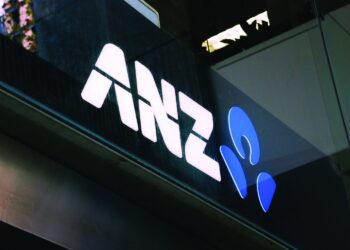Namely, the JP Morgan Global Macro Sustainable Fund, Sustainable Infrastructure Fund – Class A Units, and Sustainable Infrastructure Active ETF (Managed Fund) have all closed, having taken effect on Monday.
According to the asset manager, the decision was made alongside Perpetual Trust, as responsible entity and issuer of the funds.
“We regularly review our products to ensure they are meeting the demands of the marketplace and have the necessary scale to operate in the best interests of unitholders,” it said.
Following a recent review of the funds, JP Morgan stated that they had not gathered sufficient assets and had “limited prospects” for future growth.
“As a result, we believe it is in the best interest of the unitholders to terminate the fund,” it said.
“While the investment case for sustainable investing remains strong and we remain committed to sustainable strategies, this particular strategy has regrettably not gained traction with Australian investors.”
For its Global Macro Sustainable Fund, JP Morgan confirmed that application and redemptions of units will no longer be accepted, and it could begin realising the fund’s investments.
The firm expects to complete the sale of the fund’s assets and return net proceeds and any remaining income to investors by the end of September.
The JP Morgan Sustainable Infrastructure Fund – Class A Units, similarly, is no longer accepting applications for units.
Meanwhile, for its ASX-listed Sustainable Infrastructure Active ETF (Managed Fund) (JPSI), JP Morgan said the ASX provided in-principle approval for the proposed revocation of admission to trading station for JPSI.
The closures come after Schroders announced on Monday that its Sustainable Global Core Fund – Wholesale Class SCH31 will see the fund’s carbon intensity goal removed and its exclusion wound back to align with Schroders’ exclusion policy on controversial weapons, tobacco production, nuclear weapons, and thermal coal mining.
The fund’s name will also change to the Schroder Global Core Fund in line with other longstanding Schroder Global Core strategies.
Explaining the move, Schroders said the criteria for sustainable labelled funds, both in Australia and abroad, has reached “significantly higher standards” since 2020 when the fund was renamed to the Schroder Sustainable Global Core Fund to better reflect the increased level of ESG integration and more stringent exclusions that had been incrementally adopted at that time.
“The direction of travel in Australia indicates stricter requirements for sustainable labelled funds can be expected, albeit without absolute certainty on either timing or specific implementation requirements, which could more significantly impact the investment universe of the fund,” it said earlier this week.
“In light of this, Schroders has reviewed the extent of sustainability-related requirements for the fund’s client base given its broad-based, low tracking error investment objective and concluded that adopting an ESG integrated approach is sufficient.”







